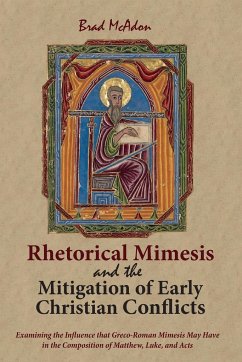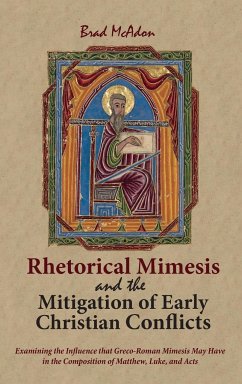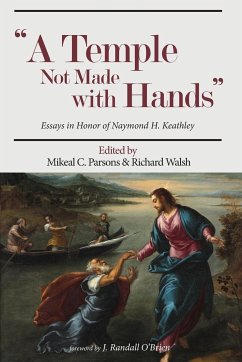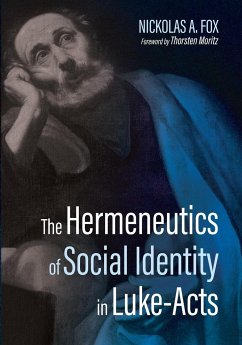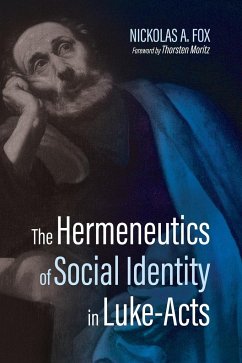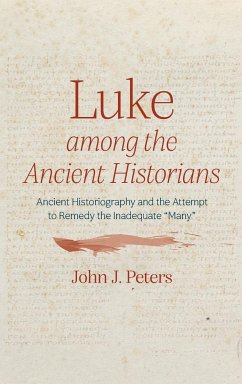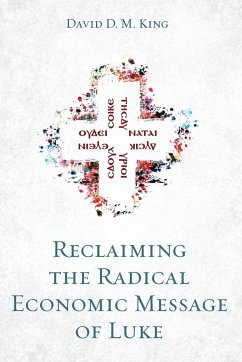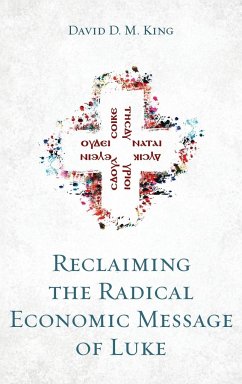This interdisciplinary study focuses upon two conflicts within early Christianity and demonstrates how these conflicts were radically transformed by the Greco-Roman rhetorical and compositional practice of mimesis--the primary means by which Greco-Roman students were taught to read, write, speak, and analyze literary works. The first conflict is the controversy surrounding Jesus's relationship with his family (his mother and brothers) and the closely related issue concerning his (alleged) illegitimate birth that is (arguably) evident in the gospel of Mark, and then the author of Matthew's and the author of Luke's recasting of this controversy via mimetic rhetorical and compositional strategies. I demonstrate that the author of our canonical Luke knew, vehemently disagreed with, used, and mimetically transformed Matthew's infancy narrative (Matt 1-2) in crafting his own. The second controversy is the author of Acts' imitative transformation of the Petrine/Pauline controversy--that, in Acts 7:58--15:30, the author knew, disagreed with, used, and mimetically transformed Gal 1-2 via compositional strategies similar to how he transformed Matthew's birth narrative, and recast the intense controversy between the two pillars of earliest Christianity, Peter and Paul, into a unity and harmony that, historically, never existed.
Bitte wählen Sie Ihr Anliegen aus.
Rechnungen
Retourenschein anfordern
Bestellstatus
Storno

